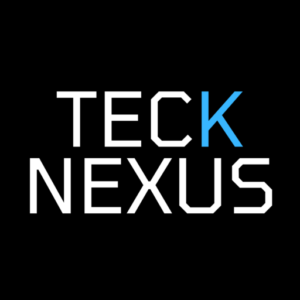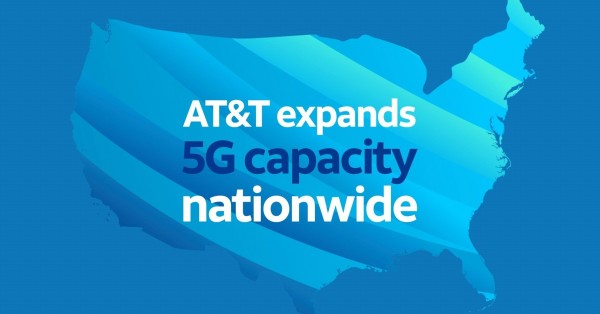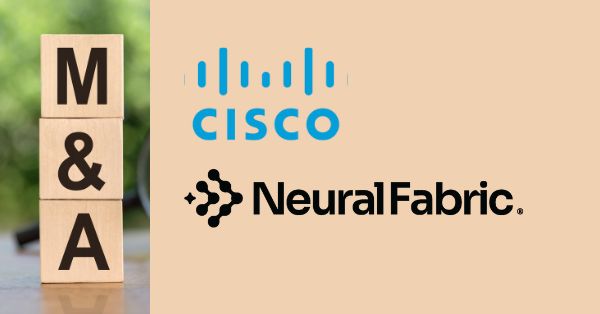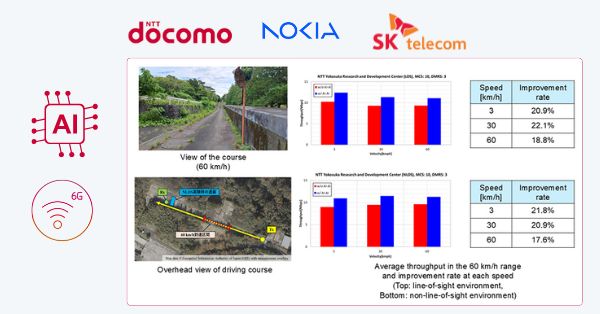Alibaba.com AI Mode: Agentic AI for Global B2B sourcing
Alibaba.com is folding agentic AI into the buyer and supplier journey to compress time-to-source, improve compliance, and expand access to the long tail of global manufacturing.
Market momentum and AI adoption
European orders on Alibaba.com have jumped sharply year over year, and the company also reports a large increase in active suppliers worldwide—evidence that SMEs are leaning back into cross-border trade. At the same time, enterprise buyers are normalizing AI in sourcing workflows, and AI is influencing a rising share of online search activity. That backdrop makes this a logical moment for Alibaba.com to turn AI from a feature into a platform capability.
The company’s new AI Mode, rolling out in December, aims to accelerate the end-to-end procurement flow. It moves beyond basic search to interpret natural-language requests, parse technical specs, and automatically compare suppliers on price, logistics, certifications, and production capacity. By tying results to Alibaba.com services—payments, Trade Assurance, and after-sales support—the experience is positioned as a closed-loop, AI-assisted trade funnel.
From AI tools to agentic sourcing workflows
This is more than a UI enhancement. AI Mode represents a move to agentic workflows where the system can reason over unstructured inputs, take steps on behalf of the user, and deliver ranked recommendations with traceable evidence. For a $30 trillion B2B market still defined by fragmented data, long RFQ cycles, and opaque quality signals, that is a material shift.
Accio: Multimodal AI search for supplier discovery
Alibaba.com is upgrading its discovery stack with Accio, the firm’s AI search engine that blends large language models with multimodal understanding.
Contextual, capability-based supplier matching
Accio ingests and interprets drawings, sketches, bills of materials, compliance documents, and factory histories alongside text. The engine links these inputs to manufacturing capabilities, certifications, and past performance to propose suppliers able to build to spec. That helps surface the “hidden product shelf”—specialized and regional SMEs that often remain invisible under keyword search but may offer better fit, cost, or lead times.
Compliance and sustainability-aware supplier filters
For European buyers navigating tightening rules, context matters as much as cost. AI Mode is designed to filter suppliers by required certifications and standards and to flag mismatches early. Think ISO 9001/14001, CE and UL marks, RoHS and REACH for electronics, and sector-specific needs such as 3GPP conformity for telecom hardware. As the EU moves toward Digital Product Passports and expands climate disclosure through CSRD and CBAM, AI-native compliance screening will become a differentiator in supplier selection.
Why it matters for European SMEs and enterprise buyers
The combination of AI-guided discovery and a bigger, more diverse supplier base can compress product cycles and improve resilience.
Faster RFQs, customization, and supply resilience
SMEs report that product innovation is becoming central to growth, but teams are lean and regulatory complexity is rising. AI Mode promises faster RFQs, richer alternates, and the ability to source custom parts without adding headcount. For manufacturers and brands balancing nearshoring with cost, agentic AI can expand optionality and reduce single-source risk. Shorter design-to-award cycles also help bring customized SKUs to market faster.
Telecom and enterprise IT procurement implications
Network equipment, edge servers, IoT devices, and accessories sit at the intersection of strict safety, radio, and security requirements and fast-moving product roadmaps. AI-driven sourcing can pre-screen suppliers for materials compliance, radio certifications, and firmware provenance; map lead times and logistics risk; and align quotes to target cost and yield. For operators, hyperscalers, and OEMs, that can translate to fewer compliance surprises, tighter BoM control, and better contingency planning across tiers.
Strategic takeaways for sourcing and procurement leaders
Treat Alibaba.com’s AI Mode as a signal to modernize sourcing stacks and data governance while pressure-testing AI’s impact on cost, risk, and speed.
6-month action plan and integration steps
1) Run a controlled pilot on two to three categories with clear specs and known certification requirements; benchmark cycle time, quote coverage, and win rate versus current methods. 2) Integrate AI outputs into existing PLM/ERP workflows rather than creating a parallel process; require evidence trails for recommendations. 3) Establish a verification gate: cross-check certificates with issuing bodies and use third-party factory audits for first-time awards. 4) Negotiate data boundaries; ensure RFQs, drawings, and BoMs are handled under strict confidentiality with no model training on customer IP. 5) Align sustainability data capture with upcoming EU Digital Product Passport fields to avoid rework later.
Risk controls, compliance, and AI governance
Mitigate hallucination risk by enforcing source citations and human-in-the-loop approvals for award decisions. Screen for export-control exposure and dual-use items early. Use sandboxed environments for sensitive designs. Clarify liability and remediation paths within Trade Assurance for disputes. Monitor vendor lock-in risk by keeping API-level access to your own sourcing data and decision logs.
What to watch as Alibaba scales AI Mode
Execution details will determine whether agentic sourcing becomes a durable advantage across categories and regions.
Roadmap signals and competitive landscape
Look for native connectors to SAP, Oracle, and leading PLM suites; supplier quality scores with explainability; direct verification APIs to certification bodies; and automated dispute and returns handling. Track how Amazon Business, Global Sources, IndiaMART, and European marketplaces respond, and whether verticalized players in electronics, medical devices, and industrials launch equivalent agentic tools. Alibaba International Digital Commerce Group’s ability to expand supplier onboarding while maintaining quality will be a key tell.
Pilot KPIs to validate value
Measure time-to-first-qualified-quote, share of RFQs with three or more compliant alternates, certification match rate at award, factory on-time start, first-article acceptance, defect and return rates, unit cost variance to target, and estimated CO2 per order. If AI Mode consistently improves three or more of these metrics without raising compliance risk, scale the program.









































